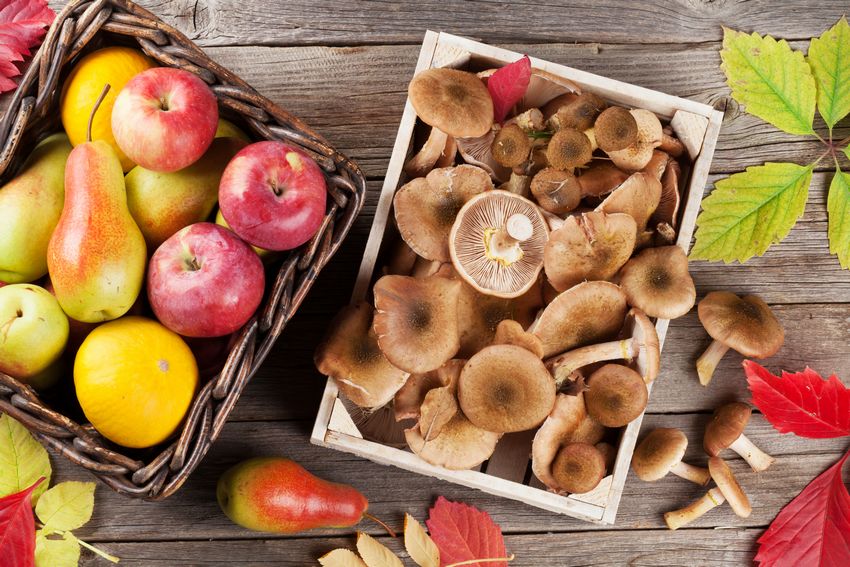
Make the Most of Seasonal Food

As the weather changes, so too do the selection of fruits and vegetables available in store. Different plants ripen and provide produce at different times and this phenomenon was used by our ancestors to ensure there was fresh produce available all year round. However, nowadays with mass farming, indoor growing mechanisms, a global trade in fresh produce and a demand for exotic fruits and vegetables, we’re able to get literally anything at any time. Here at NetCost Market, we believe that there are still massive advantages to eating seasonally, and below we have compiled some of the reasons why!
Flavor, Flavor, Flavor!
There is no denying it! In-season produce simply tastes better. This is for a number of reasons. Firstly, it has been grown and picked at the optimal time and under the optimal conditions to produce the fruit or vegetable in its perfect form, maximising flavor and nutritional value. Secondly, unlike imported or freeze-dried fruit, the journey from field to fork is much shorter and quicker, meaning it keeps its freshness and retains that great flavor.

Value for Money
Have you ever noticed that apples are always cheaper around fall, but only certain types? These are usually the locally grown varieties that have come into season and the farmers are practically giving them away! Locally sourced, seasonal produce saves on transport costs and is available in abundance, driving down the cost. Following the seasonal food cycle, all year round could dramatically reduce your shopping bill!
Avoids Overseas Contamination
Food has been traded around the world for centuries, but until recently farmers did not use chemical pesticides or other chemical compounds to grow their crops. Imported food may contain chemicals that do not meet the standards of the Food Standards Agency, potentially exposing your body to small levels of harmful contaminants.

Eco-Friendly Farming
In this globalized world long haulage has become the norm. However, the pollution produced by freight shipping and long-distance trucking is increasingly damaging our planet’s atmosphere. Eating locally produced, seasonal fruit and vegetables will drastically reduce those greenhouse gases pumped out. On top of that, mass farming non-native crops often involves using chemical aides that may damage the ecosystem or even the consumer, making locally produced seasonal produce the best answer all round!
Fall Seasonal Foods
Fall has a variety of seasonal fruits and vegetables that make it a flavorful, hearty and nutritious time of year. When it comes to fruit, apples are a major part of the Fall diet. They come into season in late summer, until early winter, making it a great time of year to bake some locally sourced apple pies, make some seasonal cider or some apple preserve to keep those tasty fruits all through the winter. Other Fall fruits include cranberries, figs, and grapes. When it comes to vegetables, broccoli is a great Fall choice. Make a tasty broccoli soup, steam with some tasty roasted meat, or simply stir-fry with soy sauce and a bit of garlic and chili. Other seasonal vegetables include carrots, pumpkins, cauliflower and greens such as chard. Pop in store to pick up some fresh fall produce today!